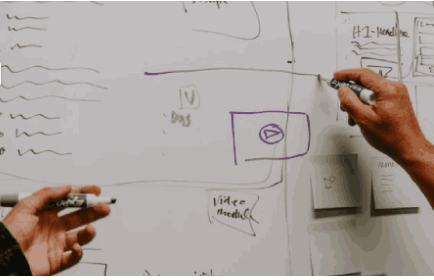"The eco-design of digital services is not only a search for optimization, efficiency or performance but a more global reflection on the use of technologies. It is important to integrate the environmental impacts of digital technology into the design of digital services, aiming directly or indirectly to extend the life of digital equipment and to reduce the consumption of computer and energy resources by terminals, networks and data centers.
Several government departments are working on the development of an ecodesign reference framework for digital services. This reference framework was one of the commitments of the government's "Digital and Environment" roadmap published in February 2021.
The main objectives of this digital service ecodesign standard are to reduce the consumption of IT resources and the contribution to equipment obsolescence, whether it is user equipment or network or server equipment.
- " All the professions closely or remotely linked to the design of a digital service: project manager, project management assistant, project manager's assistant, product owner, UX researcher, designer, graphic artist, developer, devops, tester..."
- "This repository contains criteria that are all verifiable, generic and timeless. The goal is to be able to perform a compliance audit of the digital service (self-audit or independent external audit)".
- Each criterion is a question. The answer is expected to be "yes", "no" or "not applicable". The answer "yes" is favorable in terms of reducing environmental impacts. The answer "not applicable" must be justified.
- No label or certificate based on this standard is planned for the moment. The aim is to promote a voluntary approach to the eco-design of digital services.
This standard must be integrated into a virtuous circle including existing standards and regulations:
- RGAA (Référentiel général d'amélioration de l'accessibilité) for accessibility
- RGS for Security
- RGI for interoperability
- RGPD for the protection of personal data.
Références :





